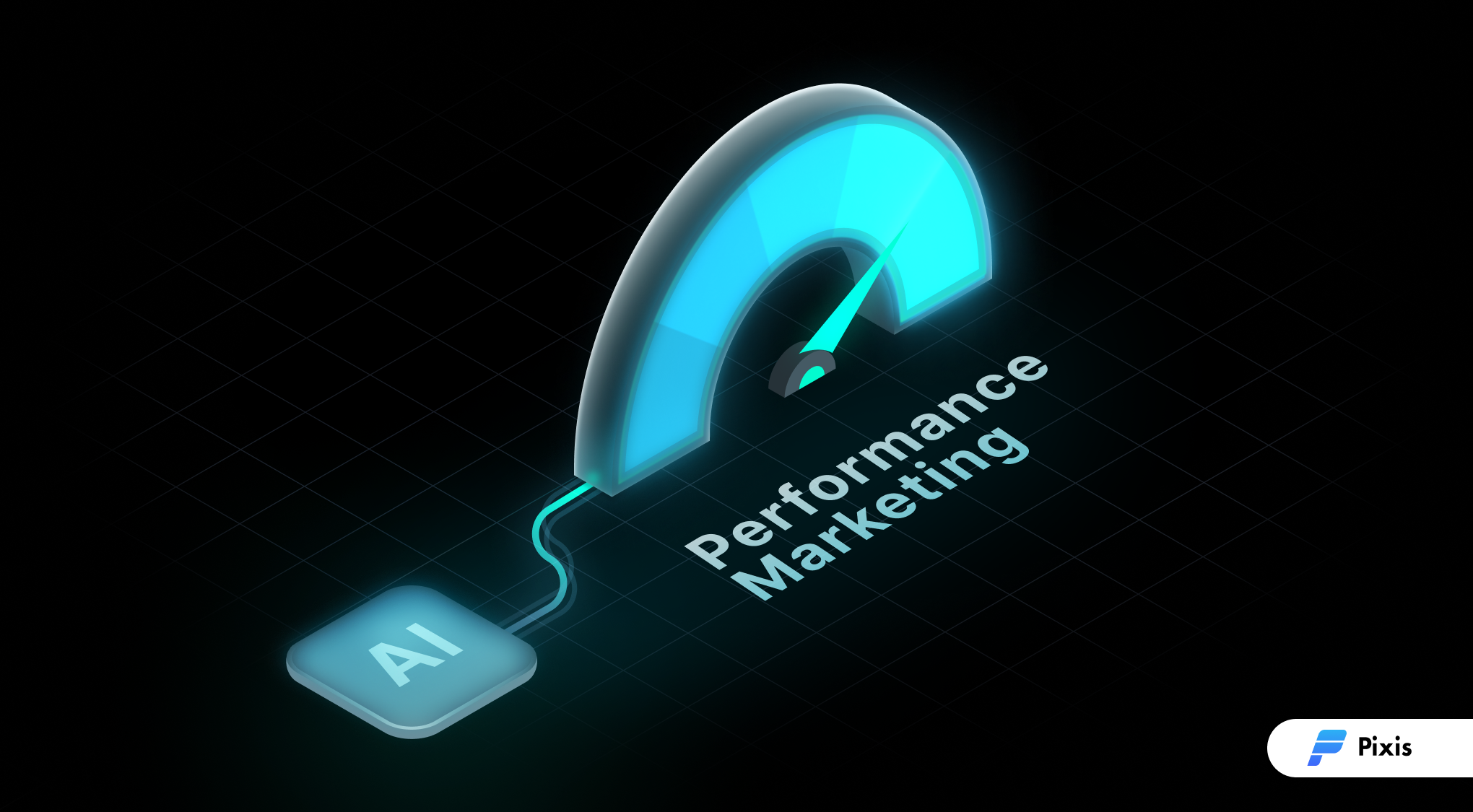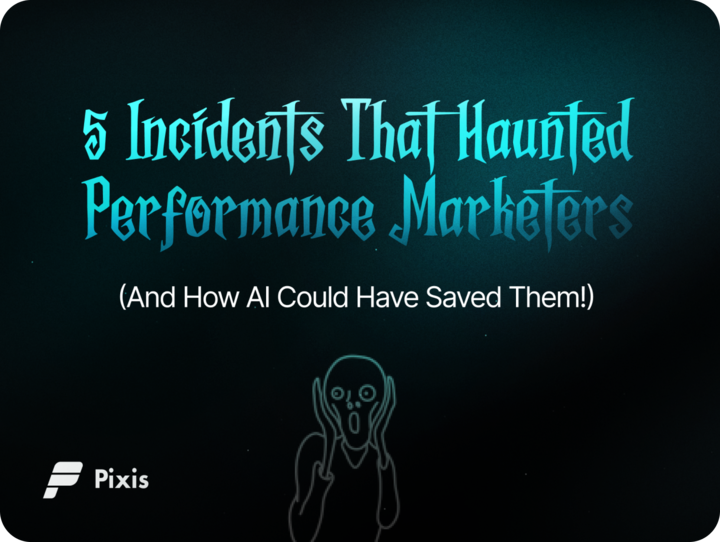AI-Driven Precision: Streamlining Performance Marketing for Greater Results
Introduction: Unveiling the Central Challenge in Performance Marketing
Performance marketing, a realm driven by results and measurable success, faces a multifaceted and overarching challenge: the complex interplay between efficiency and accuracy in campaign management. This singular, yet profound, challenge encapsulates various facets – from data handling to decision-making speed – and directly impacts the effectiveness and ROI of marketing campaigns.
Dissecting the Core Challenge: The Efficiency-Accuracy Paradox
The central challenge in performance marketing is not just about managing campaigns across multiple platforms or handling vast amounts of data; it’s about the paradox between achieving high efficiency and maintaining high accuracy. This paradox presents a unique set of issues:
Rapid Decision-Making vs. Data-Driven Accuracy: Marketers are required to make quick decisions in a fast-paced environment. However, ensuring these decisions are accurate and data-driven is a time-intensive task, often leading to a trade-off between speed and precision.
Real-Time Adaptation vs. Comprehensive Analysis: The need for real-time adaptation in campaign strategy conflicts with the time required for a thorough analysis of multi-faceted data, leading to either missed opportunities or poorly informed decisions.
Manual Oversight vs. Automated Precision: Reliance on manual processes for oversight ensures human intuition is involved but often at the cost of the precision and speed that automation offers.
AI as a Harmonizing Force in Performance Marketing
AI, particularly platforms like Pixis AI, emerges as a harmonizing force, adept at resolving this paradox in performance marketing.

Automated Campaign Management Across Platforms
AI leverages sophisticated algorithms to manage campaigns across various platforms efficiently. This not only reduces manual workload but also ensures high precision in execution.
Key Features of AI in Tackling the Paradox:
Dynamic Decision-Making: AI rapidly processes vast amounts of data to make informed decisions, striking a balance between speed and data-driven accuracy.
Predictive Analytics for Real-Time Adaptation: AI uses predictive analytics to foresee market trends and customer behaviors, allowing for real-time campaign adjustments without compromising on thorough data analysis.
Error Reduction with Automated Oversight: AI minimizes human errors in campaign management, providing a level of precision that manual processes cannot achieve.
Enhanced Team Efficiency with AI Implementation
Implementing AI in performance marketing significantly elevates team efficiency and offers access to refined, brand-specific insights, which marks a substantial shift from reliance on generic industry insights. This bespoke approach allows for tailored strategies that resonate more effectively with each unique audience, enhancing campaign performance and ROI.
Empowerment of Marketing Teams: AI’s ability to automate operational tasks liberates marketing teams from the laborious aspects of campaign management. This shift allows teams to invest their time and energy into strategic planning and creative development, crucial for driving effective marketing campaigns.
Instant Access to Refined Insights: AI-driven platforms provide real-time, data-backed insights unique to each brand. This immediacy of information enables marketing teams to make swift, informed decisions, adapting strategies dynamically to optimize performance.
Personalized Marketing Strategies: Unlike traditional methods that rely on broad industry standards, AI technology offers granular insights specific to each brand’s audience. This means an e-commerce business, for example, can tailor its approach based on insights unique to its customers, rather than depending on generic e-commerce industry trends.
Strategic Impact on Marketing Teams
Unique Audience Understanding: Every brand’s audience has its own set of characteristics and behaviors. AI’s deep analysis provides a nuanced understanding of these unique audience journeys, enabling brands to craft more personalized and effective marketing strategies.
Dynamic Strategy Adaptation: With AI, marketing teams can continuously refine their strategies based on evolving insights specific to their brand’s ecosystem. This dynamic approach ensures that strategies remain relevant and highly targeted.
Higher Precision in Targeting and Engagement: AI-driven insights lead to more precise targeting, ensuring that marketing efforts are directed towards the most receptive audience segments. This precision increases engagement rates and, subsequently, conversion rates, leading to a more efficient utilization of marketing resources.
Maximized ROI through Customized Strategies: By employing strategies tailored to their specific audience, brands can achieve a higher ROI. AI’s capability to analyze and predict consumer behavior results in more efficient budget allocation and higher campaign effectiveness.
Long-term Growth and Adaptation: As AI continuously learns and adapts, it offers marketing teams a sustainable approach to performance marketing. This adaptability is key in an ever-changing digital landscape, ensuring long-term growth and success.
Conclusion: AI as the Key to Overcoming the Central Challenge in Performance Marketing
AI in performance marketing stands as a pivotal solution to the core challenge of balancing efficiency with accuracy. As this technology continues to evolve, its role in reshaping the marketing landscape becomes increasingly significant. Embracing AI is not just about leveraging new tools; it’s about fundamentally transforming the approach to performance marketing, ensuring that efficiency and accuracy are no longer at odds but work in tandem to drive success.




